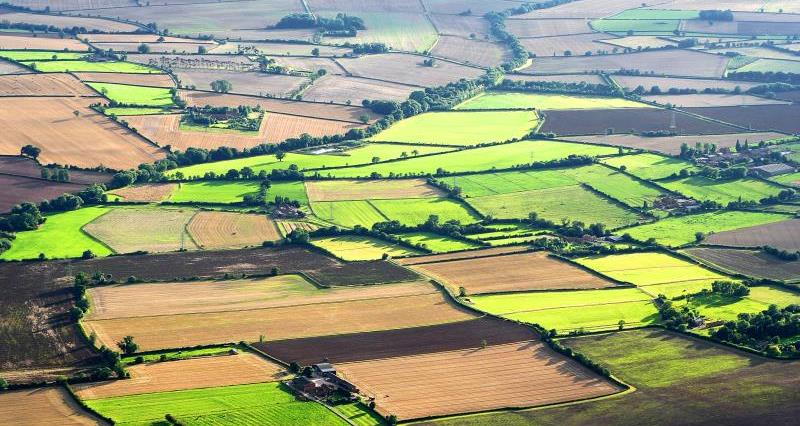Until then the UK will still be members and farmers will continue to apply for and receive BPS as they do now, complying with the rules in place. There is EU budget funds laid out until 2020 and the rural development programme should continue until this point as well.
When it comes to a model for a future UK agriculture policy the NFU will make the case for farm payments to mirror the level of support available under the CAP.
Specifically this means the retention of comparable levels of direct support payments, safety net market management measures and competition law exemptions as available under the EU’s Common Market Organisation. And the NFU will work with Defra to ensure any rural development policy focuses on sustainable intensification and growing the UK agriculture industry’s competitiveness through improved productivity and innovation.
Despite the uncertainties that lie ahead, we now have an opportunity to shape our global trade and domestic support policies. During this time, the UK government will negotiate conditions to leave the EU. Members can rest assured that we’ll be urging Defra ministers to vigorously champion UK food production as a strategic asset across Whitehall, to an extent not seen for 50 years.
The NFU will carry out a comprehensive consultation with our members and analyse the agricultural policy environment within which our farmers operate to identify ways to continually improve. Looking at Brexit from a trade perspective, opportunities for the industry lie in the UK pursuing an agreement where we get as much possible access to the European market as possible.
We will also need access to world markets, but we don’t want to be open to goods that do not meet our own high standards (eg hormone treated beef).
